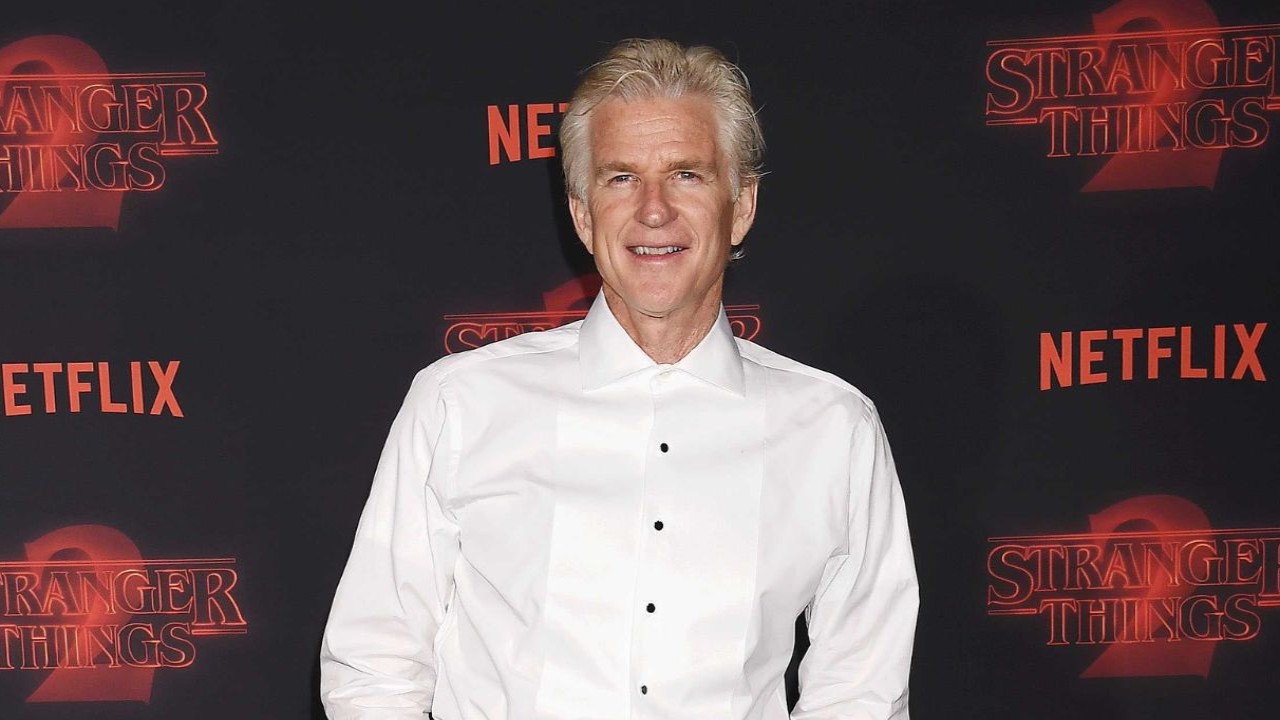Matthew Modine’s portrayal of Private J.T. ‘Joker’ Davis in Stanley Kubrick’s Full Metal Jacket remains etched in the annals of cinematic history. Recently, the seasoned actor expressed his disapproval of Donald Trump’s appropriation of footage from the iconic film for a military-centered campaign ad.
In the 1987 film, Modine’s character, Joker, serves as the focal point, offering viewers a glimpse into the complexities of war. Joker, a soldier in the Vietnam War, embodies the juxtaposition of peace and aggression, symbolized by the peace sign and the “Born to Kill” inscription on his helmet.
The narrative unfolds with Joker and his comrades enduring grueling training under the relentless Gunnery Sergeant Hartman, portrayed by R. Lee Ermey. The intense regimen pushes the recruits to their breaking points, culminating in a tragic incident involving one of their own, Gomer Pyle.
As the plot progresses, Joker is dispatched to Vietnam as a military journalist, providing a unique perspective on the harsh realities of war, particularly during the harrowing Battle of Hue.
Recently, Donald Trump’s campaign seized upon clips from Full Metal Jacket to underscore his vision of a robust military while deriding the Biden administration’s inclusivity towards the LGBTQ+ community. The campaign juxtaposed scenes from the film with contemporary footage of military members in drag, aiming to contrast traditional values with perceived progressive ideals.
Utilizing R. Lee Ermey’s character, Hartman, as a symbol of a non-“woke” military, the ad culminates with the slogan “Let’s Make Our Military Great Again,” championing a return to traditional values. Despite the film’s staunch anti-war stance, the ad portrays Hartman as emblematic of the military ethos Trump espouses, contrasting it with what is dubbed the “Biden-Harris military.”
Matthew Modine did not mince words when addressing Trump’s use of Full Metal Jacket. In an interview with Entertainment Weekly, he condemned the campaign ad for distorting Kubrick’s anti-war message, drawing parallels between Trump’s tactics and those employed by Adolf Hitler and Nazi propagandists.
While Modine vehemently opposed the politicization of Kubrick’s work, Vivian Kubrick, the filmmaker’s daughter, offered a contrasting viewpoint, asserting that her father would have supported Trump’s use of the film’s clips. Despite dissenting opinions, Modine remained steadfast in his belief that the film’s essence was rooted in critiquing war and authoritarianism, rather than endorsing political agendas.
